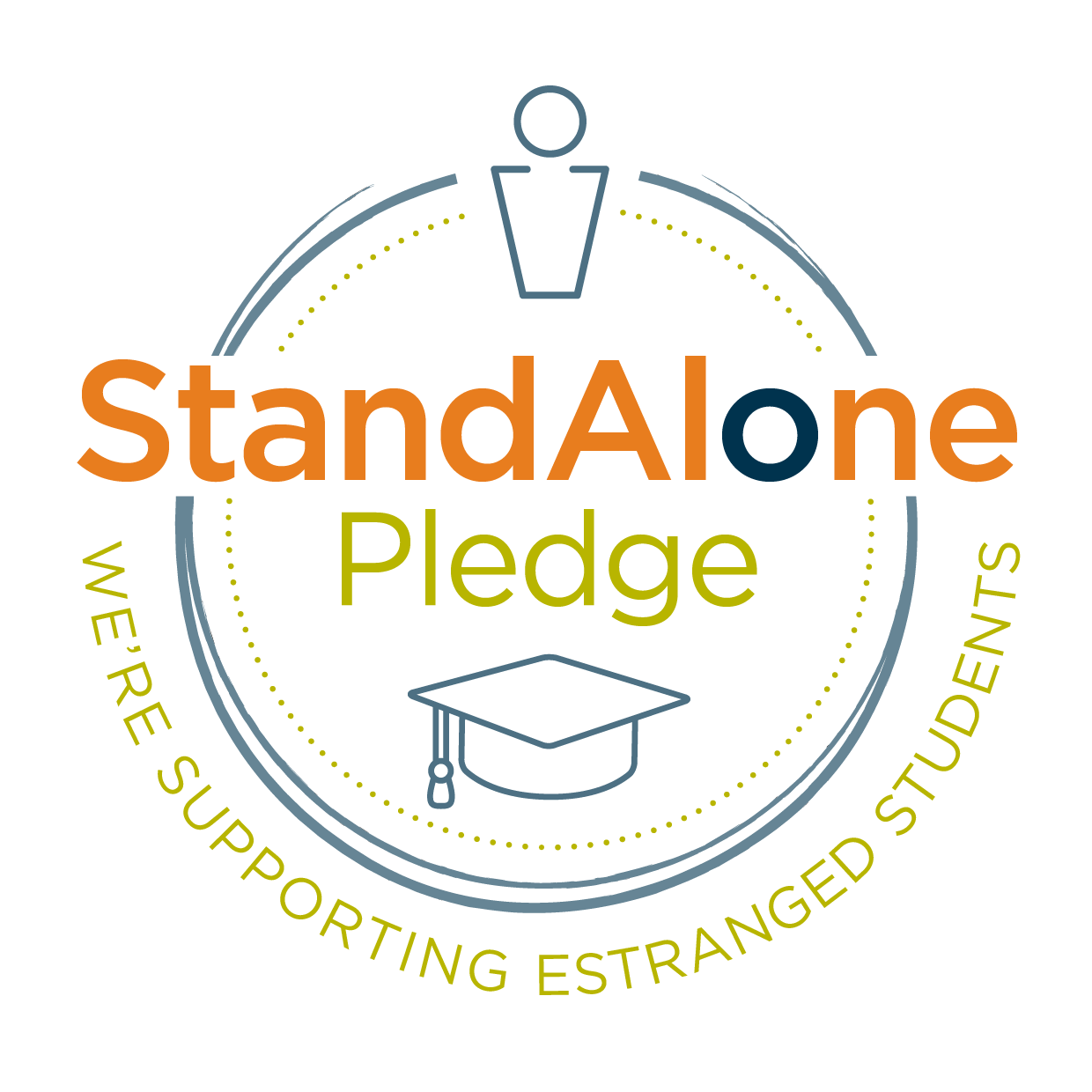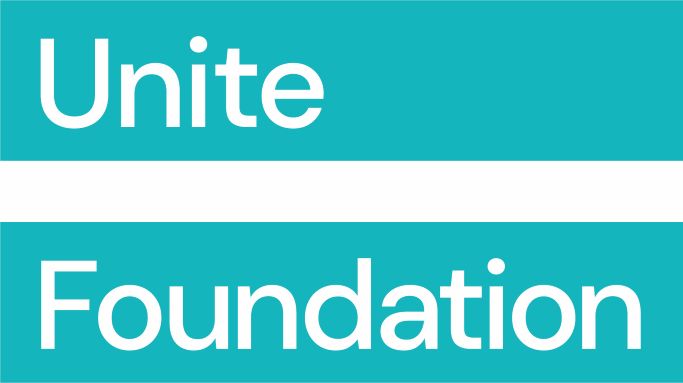Outreach and Transition: 10 February 2017
Reaching young people who are living apart from their families or who are considering moving away from a destructive family situation through outreach is a challenge.
Four estranged HE students talked from their own experience of choosing and applying to higher education which gave delegates a valuable insight into what is most important to them.
From the students' voice it was clear that whether or not there is support for estranged students can affect choice of university. Having a designated member of staff is vital to estranged students in helping them access the support they need pre-entry and throughout their course. Students emphasised the importance and need for IAG specifically for estranged students pre-entry through working with colleges and schools and raising awareness with staff and teachers who are supporting students with their HE application.
See details of the Qs & As below.
Becca Bland, Stand Alone's Chief Executive and founder, spoke about the impact of student homelessness and how to reach estranged students who are affected through working with housing agencies, community outreach and with FE colleges and schools.
SLC delivered an informative presentation on the updated procedures to evidence estrangement and how individual students and HEIs can use the new SLC Assessors. SLC also discussed with delegates how to make further improvements to their procedures.
Delegates found the day very insightful and took away a lot of information and ideas about how to develop their outreach and pre-enrolment support for estranged students.
Student Voice - Q & A panel
Q1. What were the main things you had to think about when deciding which university to go to?
A: The consensus was that Accommodation and Finance were the main factors our panel of estranged students took into consideration when applying to universities.
Q2. How can we encourage estranged students to disclose to universities pre-entry so we can ensure support is in place and help with the transition?
A: Our panel wanted to make it very clear that students are reassured that disclosing their estrangement on their entry application is not a disadvantage, but would lead to the chance to access support. The panel stressed that the stigma around estrangement was so great that this is an important step to reassure students.
They also stressed that HE & FE/schools need to work together more to ensure that estranged students do not 'get lost in the system' or that students are forced to struggle alone through FE before receiving support when they transition into HE. Both Sixth Forms and FE colleges need to develop processes to identify estranged students or those in family situation likely to be breaking down. The panel felt that currently it can be the estranged students themselves who are educating the FE / school support staff on their circumstances and how this might affect their successful transition to HE.
Q3. What do you wish you had known before applying to university and who would you have wanted to deliver this information to you?
A: Our panel stressed that they wished they had known more about budgeting, money management and navigating student finance in relation to estrangement, as well as the ins and outs of independent living at university pre-enrolment. They also wished they had known more about what mental health services they could access at university, like counselling or further therapy referral.
They would have liked more guidance by UCAS/during application to HE/by teachers and career advisors or a university's designated Estranged Students' Co-Ordinator.
They also mentioned that having more of this information as accessible or as widely available as general 'university life' information, advice and guidance, and displayed at university fairs, on websites and other places like The Student Room would help with their choice of and preparation for HE.
Q4. When did you first realise there may be help for students who are estranged? And would you have liked to access support earlier?
A: One of the four students only realised two years into her undergraduate degree that there was support available from her institution, one found out through student finance, one found out through pre-18 support workers and one found out by chance on a website. They all said yes, learning about/accessing support earlier is imperative to a great university experience.
Q5. How important do you consider having a single point of contact at the university during your transition, and what were your experiences of this?
A: The whole panel agreed that having a single point of contact is the difference between having a great university experience and struggling. Two students on the panel credited their student support contact at university for making their experiences easier. They stressed that having that member of staff there to liaise with tutors, other support services and SLC is incredibly helpful. They felt that by taking on the role of a 'corporate parent', the key contact allowed them to concentrate on their university work and enjoy their experiences.
Q6. If you had a piece of advice for a younger student about going to university who is estranged what would it be?
"Ask, ask, ask for support"
"Be honest with support staff and keep in touch with them about your circumstances"
"Be kind to yourself"
"Reach out. There are people there who will support you."





